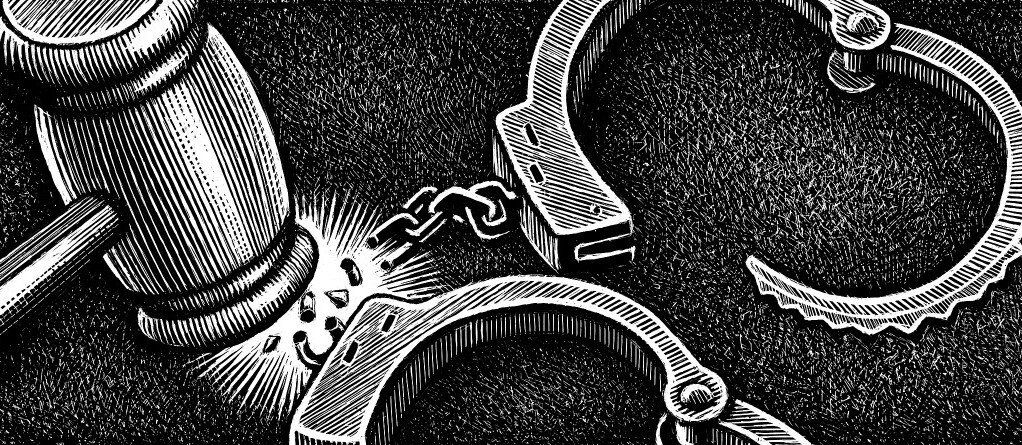President Biden Announces $15 Billion Accelerating Justice System Reform Grant Program
The fight to reduce mass incarceration just got a big boost from the White House

Almost 1.2 million people are serving sentences in state and federal prisons, and county jails across the country see over 10 million admissions every year. Four million more people are on probation or parole. The ever-increasing levels of incarceration have widespread societal consequences by driving and reinforcing racial inequity, disproportionately punishing communities of color, and extracting wealth from under-invested communities by imposing criminal fines/fees in addition to the wages lost for those with criminal records.
Time after time and study after study shows incarceration isn't the path to choose to achieve public safety goals. Incarceration has little to no effect on violent crime. The Brennan Center for Justice found that almost 40 percent of the U.S. prison population is behind bars with no compelling public safety reason.
This week, President Joe Biden announced a landmark proposal to establish a $15 billion grant program called Accelerating Justice System Reform. The plan would help states reduce unnecessary incarceration and improve public safety without locking up more people. The proposal would enable communities to better care for historically vulnerable population, like those contending with substance abuse, homelessness, and poverty.
As part of President Biden's Safer America Plan, the goal of the Accelerating Justice System Reform grant would help states, cities, Tribes, and territories advance prevention strategies while investing in mental health, substance use disorder, homelessness and other services to prevent crime and reduce the burden on police so they do not have to respond to non-violent situations that may not merit police intervention. The aim of this grant work is to enhance public safety, but also deliver evidence-based criminal justice reform that advances racial equity.
Some examples of this grant work in practice:
- Expand drug courts that divert individuals charged with drug possession alone into mandatory treatment and harm reduction services instead of incarceration, as well as other alternative courts such as mental health courts and veterans courts.
- Increase mental health and substance use disorder services, including by training existing professionals to become certified in cognitive behavioral therapy (which helps people improve their response to stress and reduce impulsivity), trauma-informed therapy, and other evidence-based treatments effective at addressing mental health problems, disruptive behaviors, and exposure to or risk of violence.
- Provide housing and other supportive social services to individuals who are homeless, including those displaced due to victimization
- Increasing job training, employment, housing, and other stabilizing services and opportunities for people returning home from jail and prison.
In order to receive these important funds, jurisdictions must repeal mandatory minimums for non-violent crimes and change other laws that contribute to increased incarceration rates without making our communities safer. Most criminal justice policy takes place in states, but federal funds can provide powerful, often hidden incentives for forward-looking policy. Instead of subsidizing mass incarceration, this new flow of funds would catalyze positive change.
You can read the full White House statement on the Safer America Plan here.










